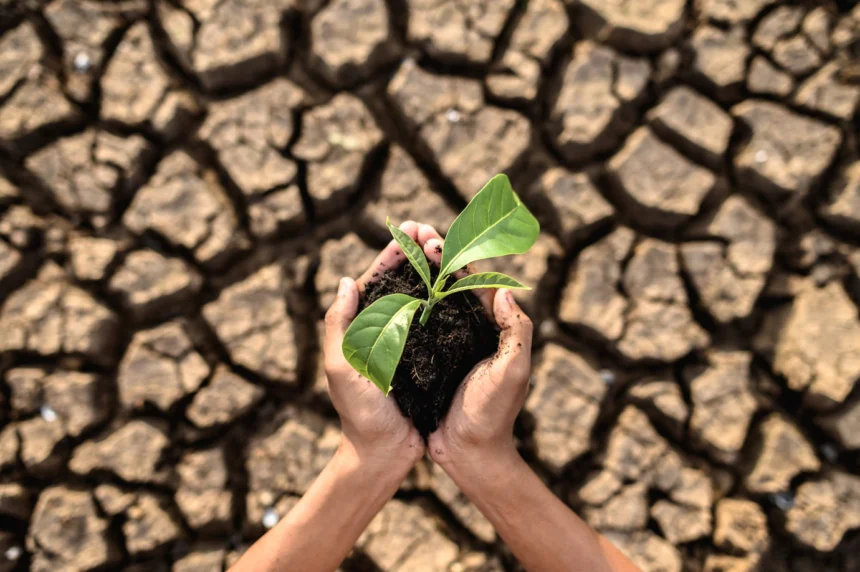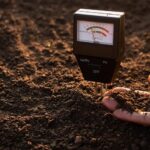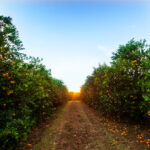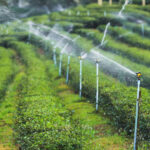Climate change has significant implications for agriculture in South Africa, a country highly dependent on its agricultural sector. The impacts of climate change, such as rising temperatures, altered rainfall patterns, and increased frequency of extreme weather events, pose challenges to agricultural production and food security. However, various adaptation strategies are being implemented to address these challenges. Let’s explore this topic further.
- Decreased Water Availability: Climate change leads to reduced water availability in many regions of South Africa. This affects irrigation, livestock watering, and crop production. Farmers are adopting water-efficient irrigation techniques such as drip irrigation and precision farming to optimize water usage. Additionally, water storage infrastructure, such as dams and reservoirs, is being expanded to capture and store water during periods of high rainfall for use during dry spells.
- Changing Rainfall Patterns: Climate change brings altered rainfall patterns, including more frequent droughts and erratic rainfall. Farmers are diversifying their crop portfolios, shifting to more drought-tolerant crop varieties and incorporating climate-smart agricultural practices. These practices include conservation agriculture, agroforestry, and crop rotation, which improve soil health, moisture retention, and overall resilience.
- Increased Pest and Disease Pressure: Climate change creates favorable conditions for pests and diseases, posing risks to agricultural productivity. Integrated Pest Management (IPM) strategies are being employed, focusing on biological controls, crop rotation, and the use of resistant crop varieties. Early warning systems and surveillance networks are also being developed to monitor and respond to outbreaks promptly.
- Heat Stress and Crop Productivity: Rising temperatures increase the risk of heat stress, which negatively affects crop growth and productivity. Farmers are employing measures to reduce heat stress, such as adjusting planting dates, using shading structures, and implementing cooling techniques like sprinkler irrigation. Developing and adopting heat-tolerant crop varieties is also crucial.
- Soil Degradation and Erosion: Climate change exacerbates soil degradation and erosion, impacting agricultural productivity. Conservation practices like contour plowing, terracing, and cover cropping are being promoted to reduce soil erosion. Soil management techniques, including organic matter additions and the use of soil amendments, enhance soil fertility and water-holding capacity.
- Livestock Management: Climate change affects livestock production through heat stress, reduced forage availability, and increased disease prevalence. Adaptation measures include improved animal housing and ventilation, the introduction of heat-tolerant livestock breeds, and diversification of livestock production systems. Range management practices are also crucial to maintain grazing resources and prevent overgrazing.
- Climate Information and Farmer Education: Providing farmers with access to accurate climate information and training on climate-smart practices is essential. Government agencies, research institutions, and NGOs are working together to disseminate climate data, develop climate forecasting tools, and conduct farmer training programs to enhance adaptive capacity.
- Policy Support: Effective policy frameworks are vital for supporting climate change adaptation in agriculture. Governments are promoting sustainable agricultural practices, providing financial incentives for climate-smart farming, and integrating climate change considerations into agricultural policies and programs.
It’s important to note that the adaptation strategies implemented in South Africa may vary across different regions and farming systems based on specific climate risks and local conditions. Ongoing research, technological advancements, and collaborative efforts are crucial for ensuring the resilience and sustainability of South Africa’s agricultural sector in the face of climate change.







